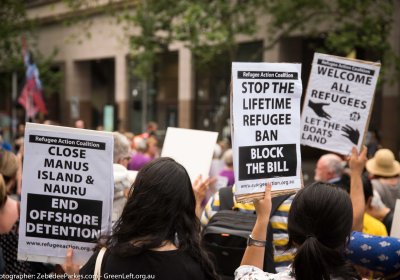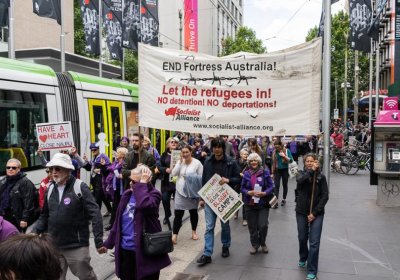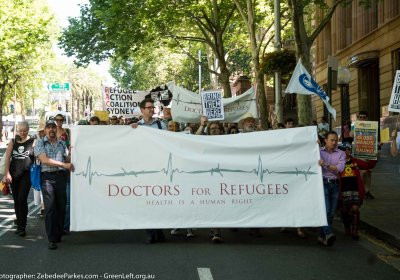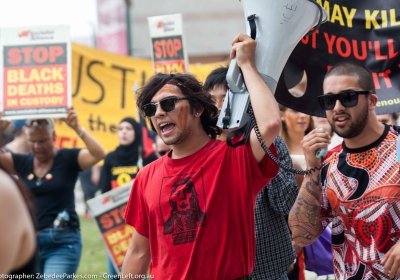The world has reacted in anger, solidarity and protest to US President Donald Trump’s Muslim immigration ban.
Taxi drivers have gone on strike, major corporations such as Google are condemning it and protests continue at airports across the US.
Germany’s Angela Merkel and Britain’s Theresa May, not known as advocates for human rights, are speaking up in opposition.











